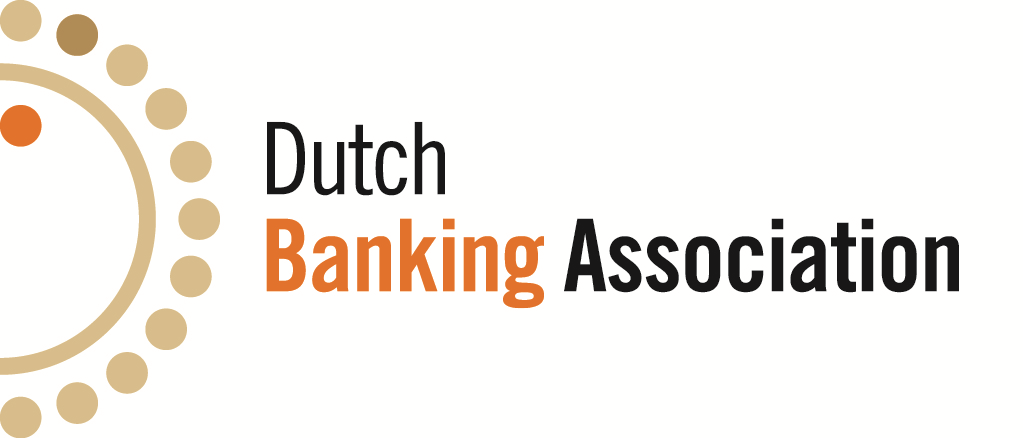
2023 in a nutshell
In this overview, we set out the special moments and important decisions that marked 2023 for the banking industry and for us as an association. The links refer to a Dutch text.
“A future-proof society requires a future-proof, resilient and agile banking sector. Moving forward, we will be exploring what that means in concrete terms. Does the sector already meet these requirements? We are certainly resilient, passing stress tests with flying colours. But are we also agile?” asked chairwoman Medy van der Laan in her speech at the New Year’s meeting of the Dutch Banking Association (NVB).
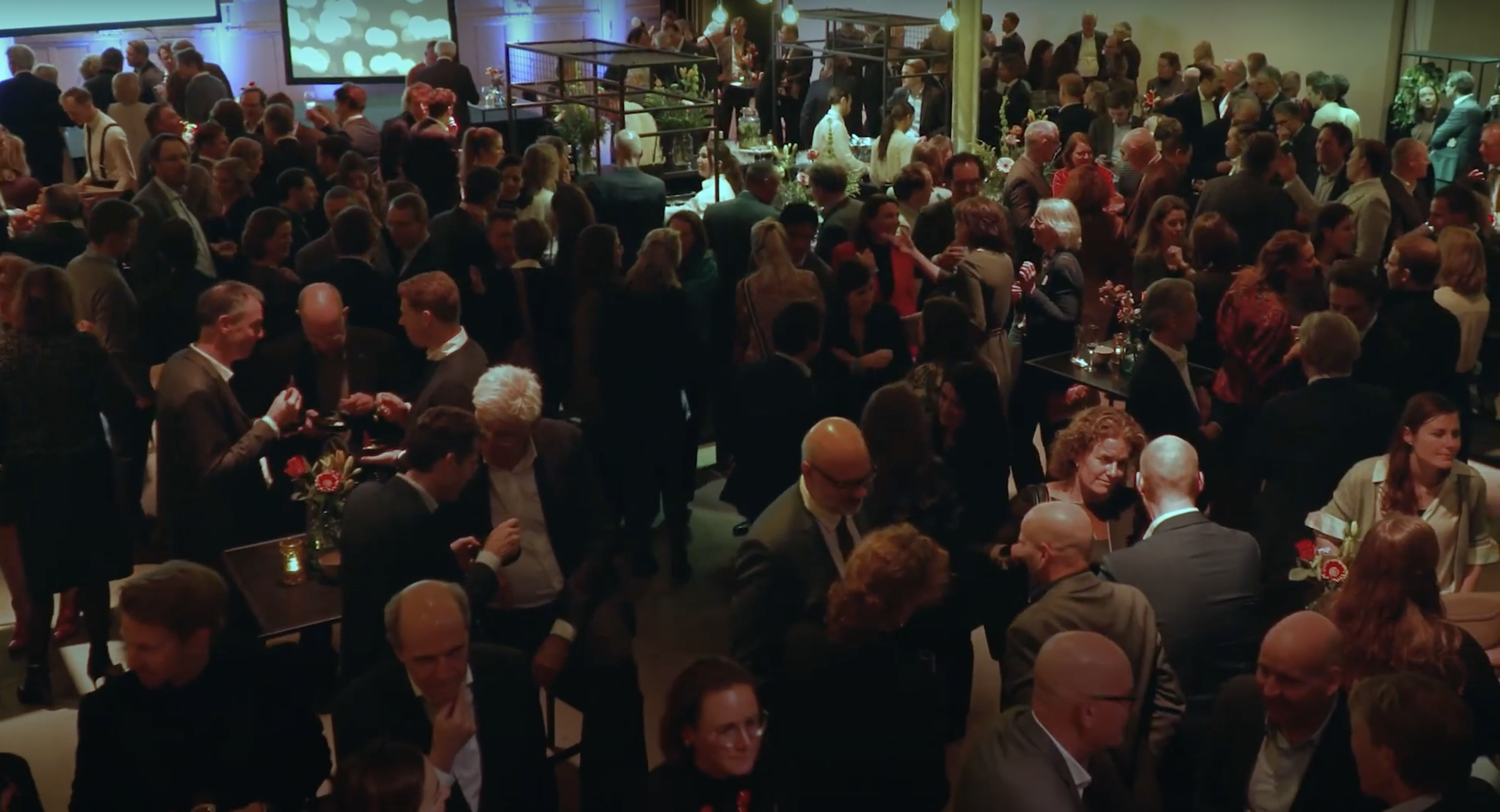
The NVB publishes a compact report detailing the initiatives and metrics used by Dutch banks to measure, report and reduce the carbon content of their portfolios. It also charts how these measurement methods and associated indicators are linked.
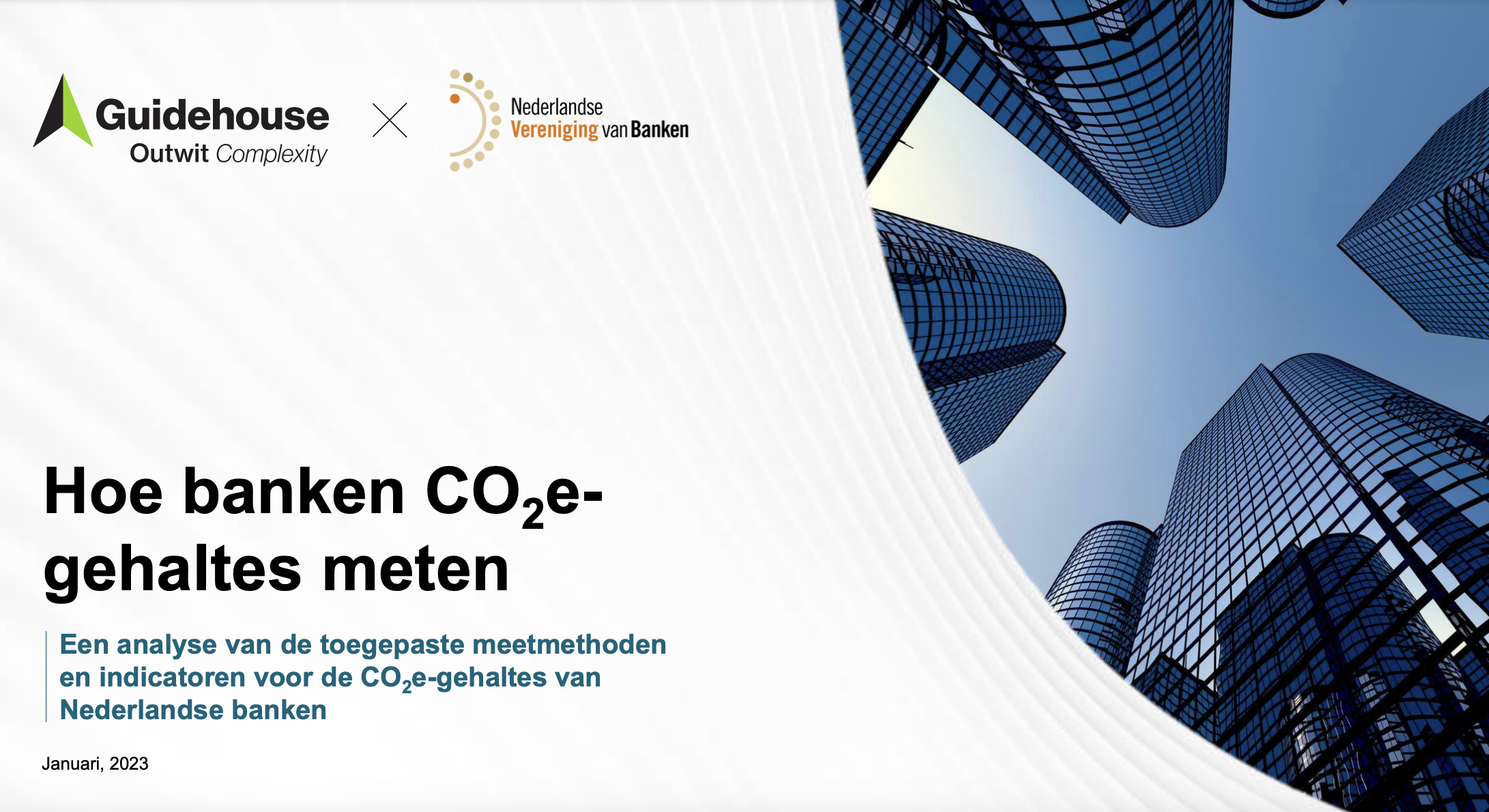
ABN AMRO, ING, Rabobank and Volksbank are set to assist customers who struggle with digital services. Digitization has brought a lot to society, although some people have difficulty keeping up with new developments (such as the elderly, the low-literate, people with disabilities and people with a migration background). The banks will work with each other and with other organizations to reach all customers with their support measures. There will be a long-term program with many activities of the NVB and Betaalvereniging Nederland, which will be shaped together with consumer interest groups.
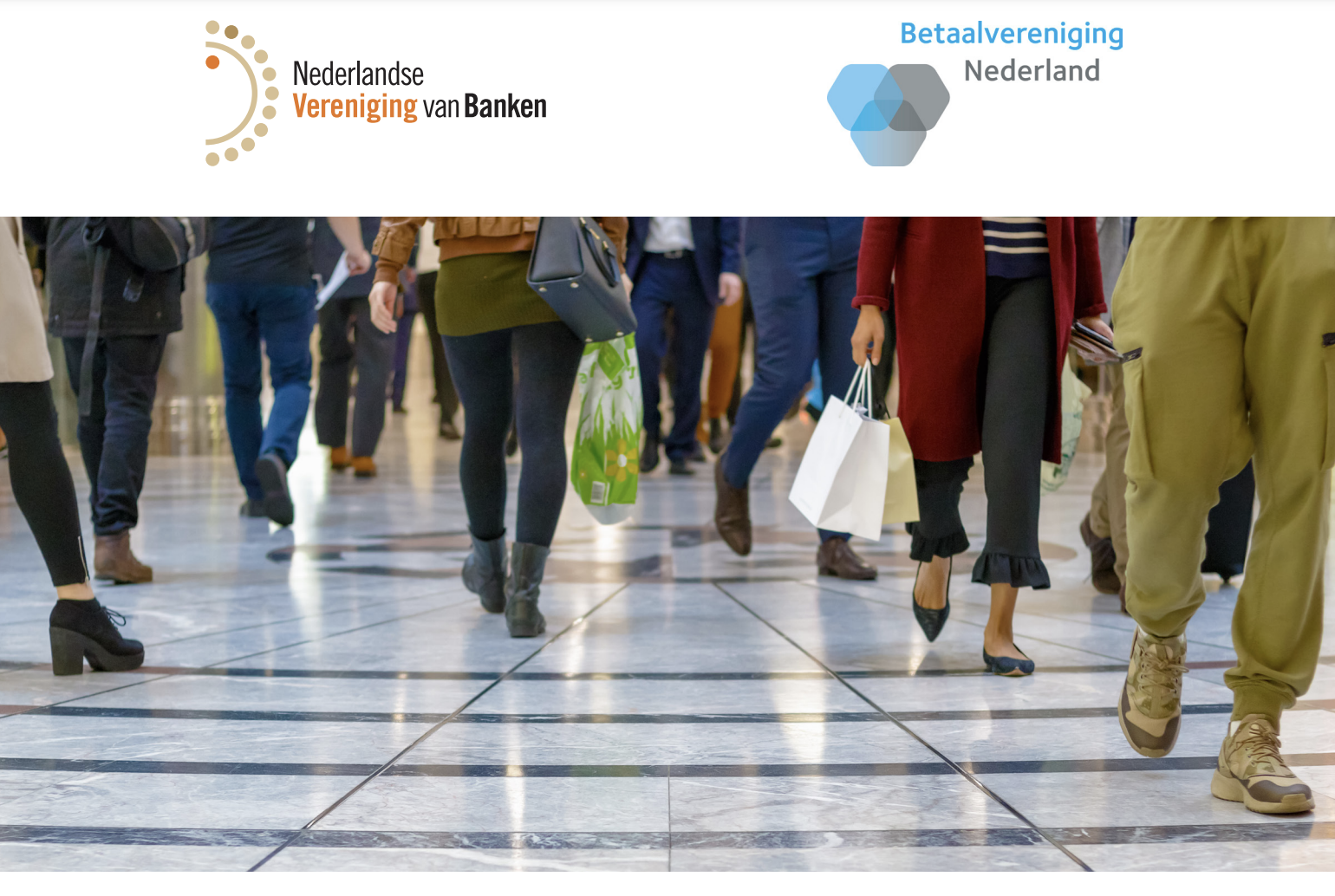
The NVB is launching a compact, interactive website (www.versnelverduurzaming.nl) on banks’ commitment to making the economy more sustainable.
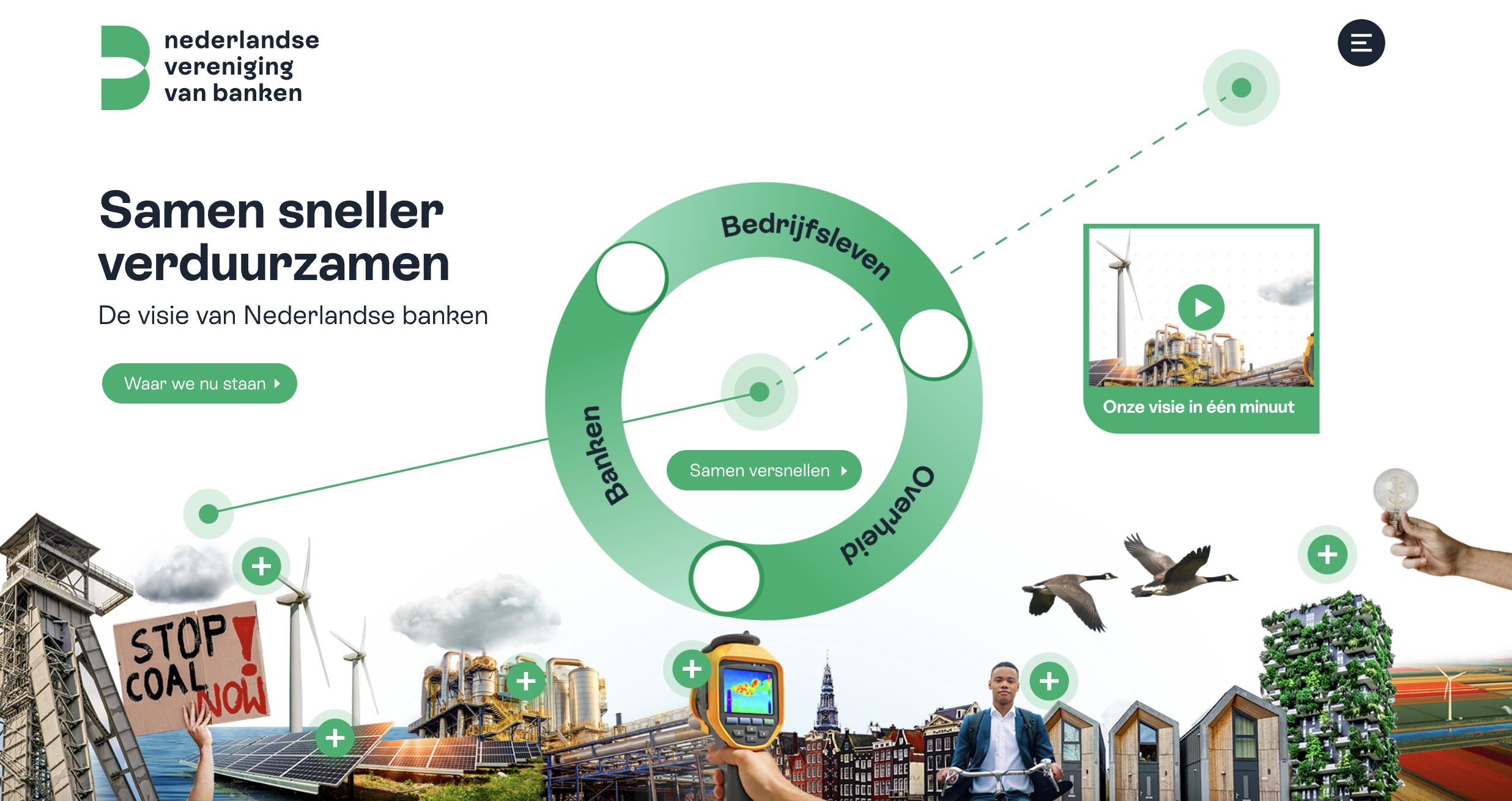
The twelfth edition of Bank voor de Klas has kicked off. Over 2,500 bank employees will be giving guest lessons on finances, reaching over 63,000 pupils in primary and secondary schools. The themes of this year’s lessons are “Making Financial Choices” and “Withstanding Online Temptations to Spend Money.”
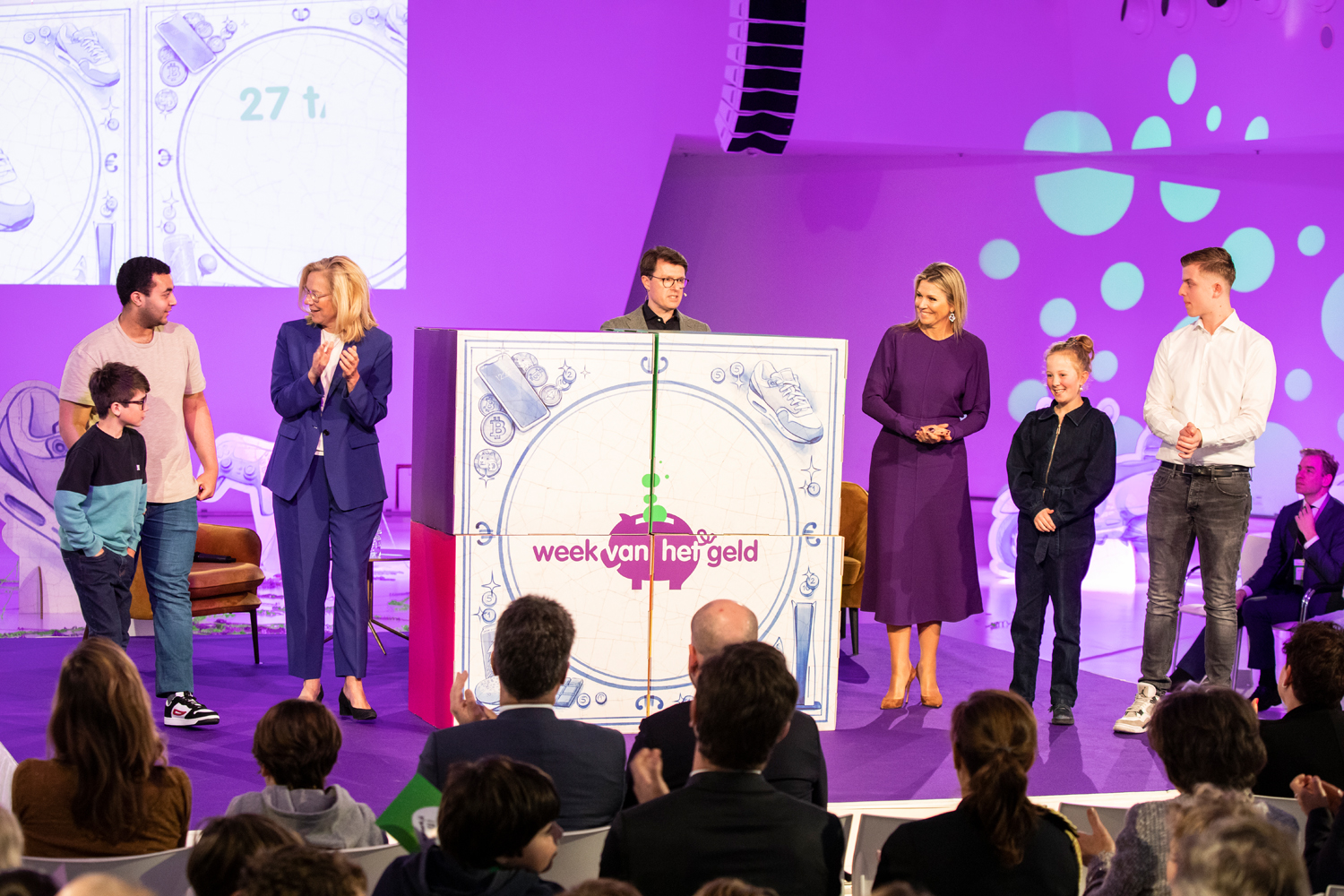
Banks take an important step in the Financial Sector Climate Commitment in 2022. Each bank publishes its own action plan. With concrete goals and steps towards reducing CO2 emissions in its portfolio. In the series ‘Banks in action for the climate’ we ask the banks some questions about their action plan.
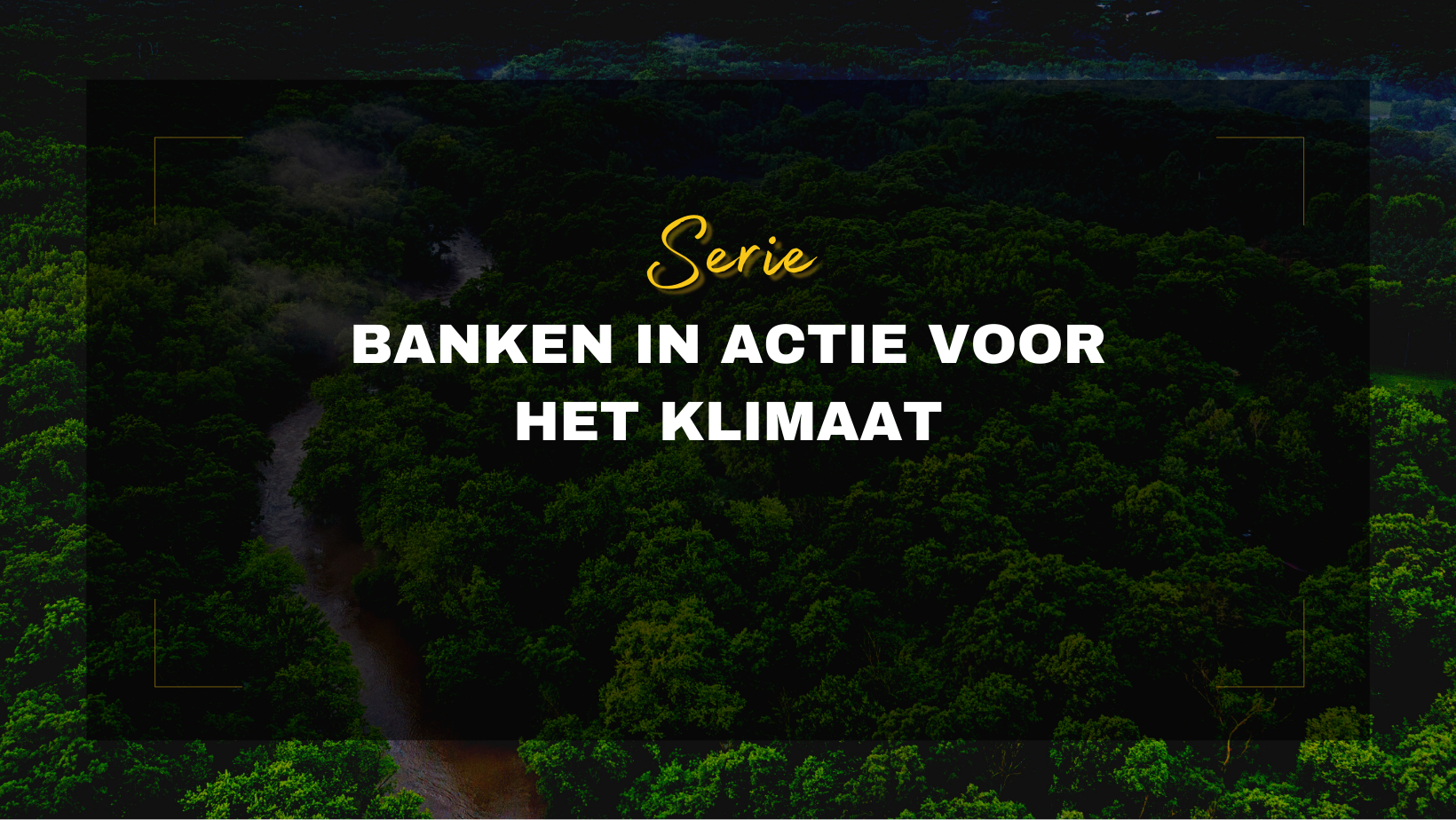
In addition to cooperation between public and private parties, consumer alertness is very important to prevent fraud. That is why NVB and its member banks launched the online “How fraud works” training course last fall. This course will now be followed by new lessons on how fraudsters operate, what their latest tricks are and what consumers themselves can do to prevent fraud.
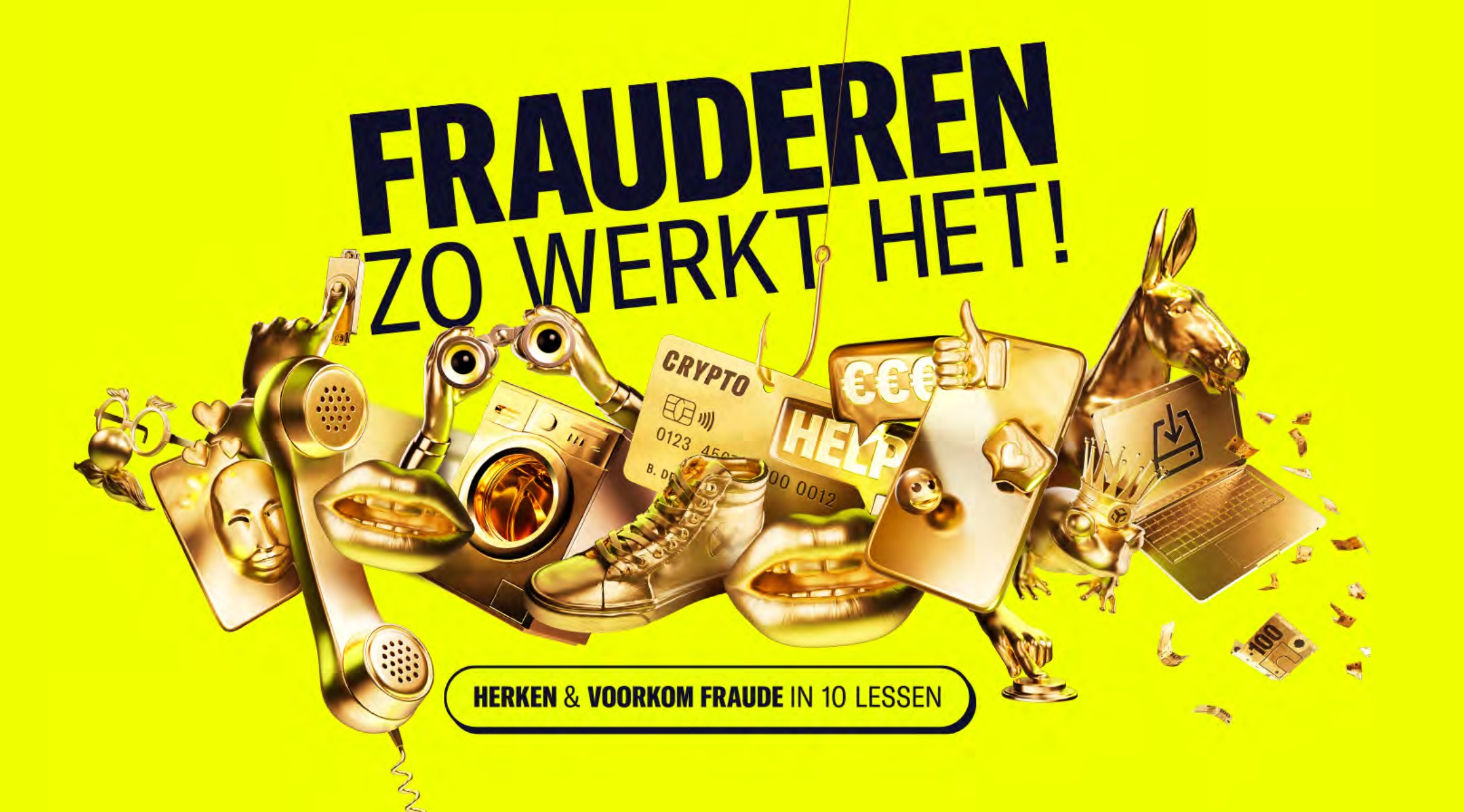
Banks are exploring the possibilities and conditions for a basic payment account for business customers. With such an account, banks want to help bona fide business customers who may run into difficulties when opening a regular bank account, e.g. due to the nature of their activities. The NVB developed an initial proposal for such a basic business payment account in early July, in cooperation with Betaalvereniging Nederland.

Following a series of roundtable discussions between banks and regulator De Nederlandsche Bank (DNB) on more risk-based customer due diligence to prevent money laundering, the NVB is now publishing five standards. These provide clear starting points for banks to perform their role as gatekeepers proportionately and with a focus on the real risks.
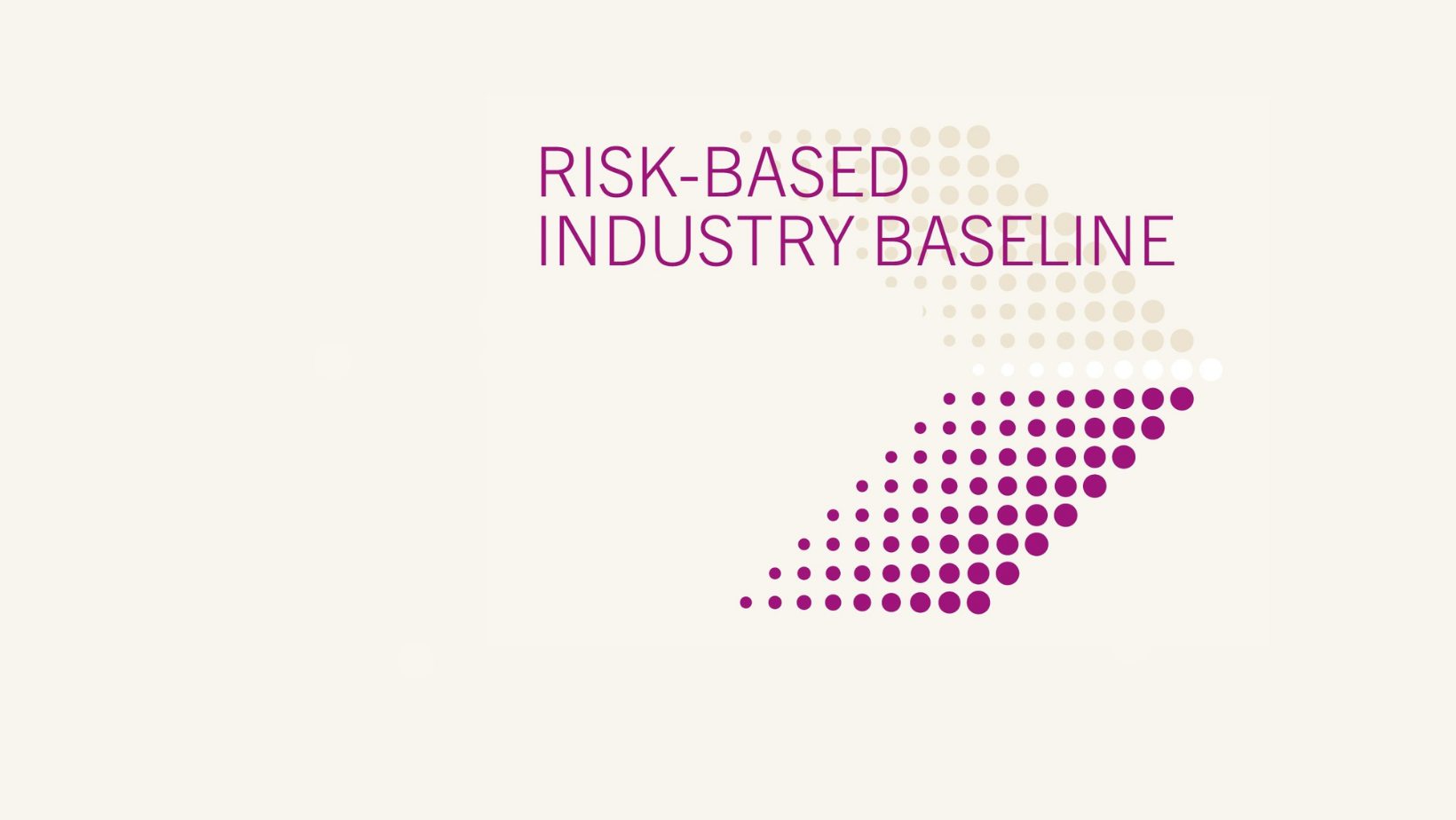
Banks are lowering the barrier to help with banking and payments in cooperation with various civil society organizations, including the Alliantie Digitaal Samenleven and the Betaalvereniging Nederland. The NVB announces that a trial with three bank information points has been extended to ten municipalities throughout the country. Banks are also launching a joint “accessibility route” this year.
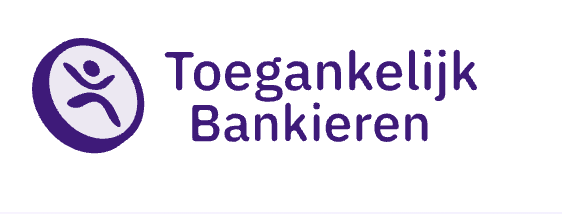
The NVB wants more clarity on the design and impact of the digital euro. The legislative proposal enabling the introduction of a public digital euro, published today by the European Commission, leaves many questions unanswered.
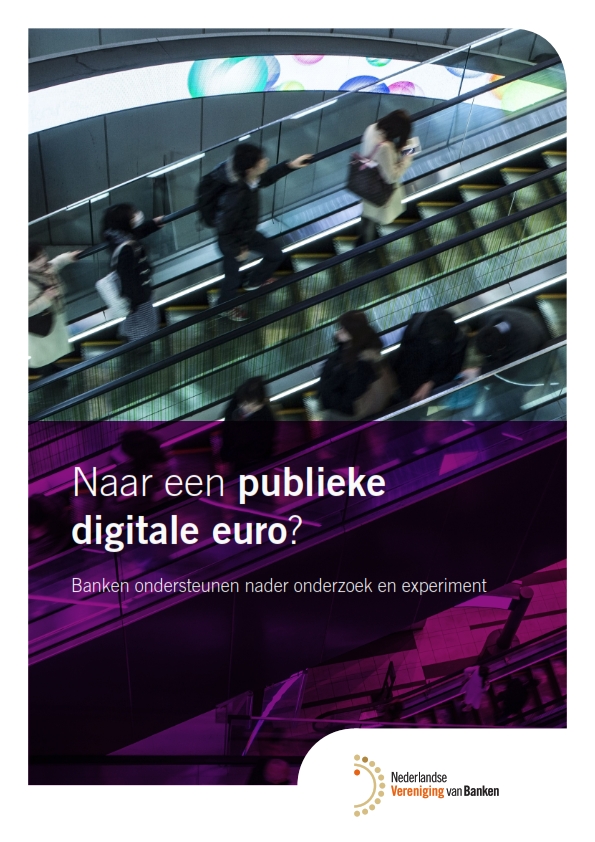
Cooperation between politics, business and society at the national and European level is crucial, so says the NVB in a position paper sent to political parties as input for their election programs.
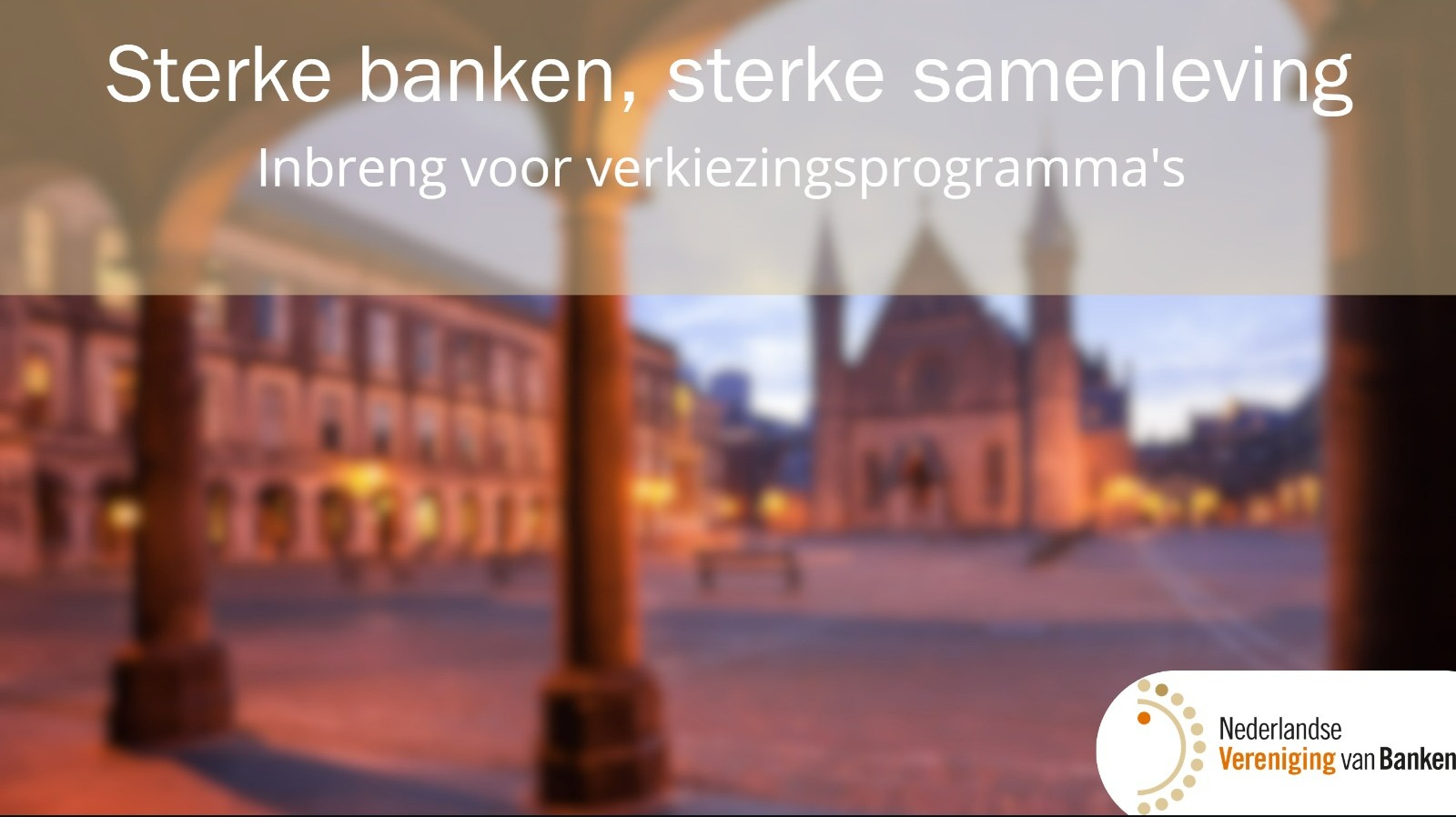
- 50PlusBeurs
The NVB, the National Police and Ministry of Justice and Security set up a joint booth at the 50PlusBeurs in the Jaarbeurs Utrecht to provide education on online fraud.
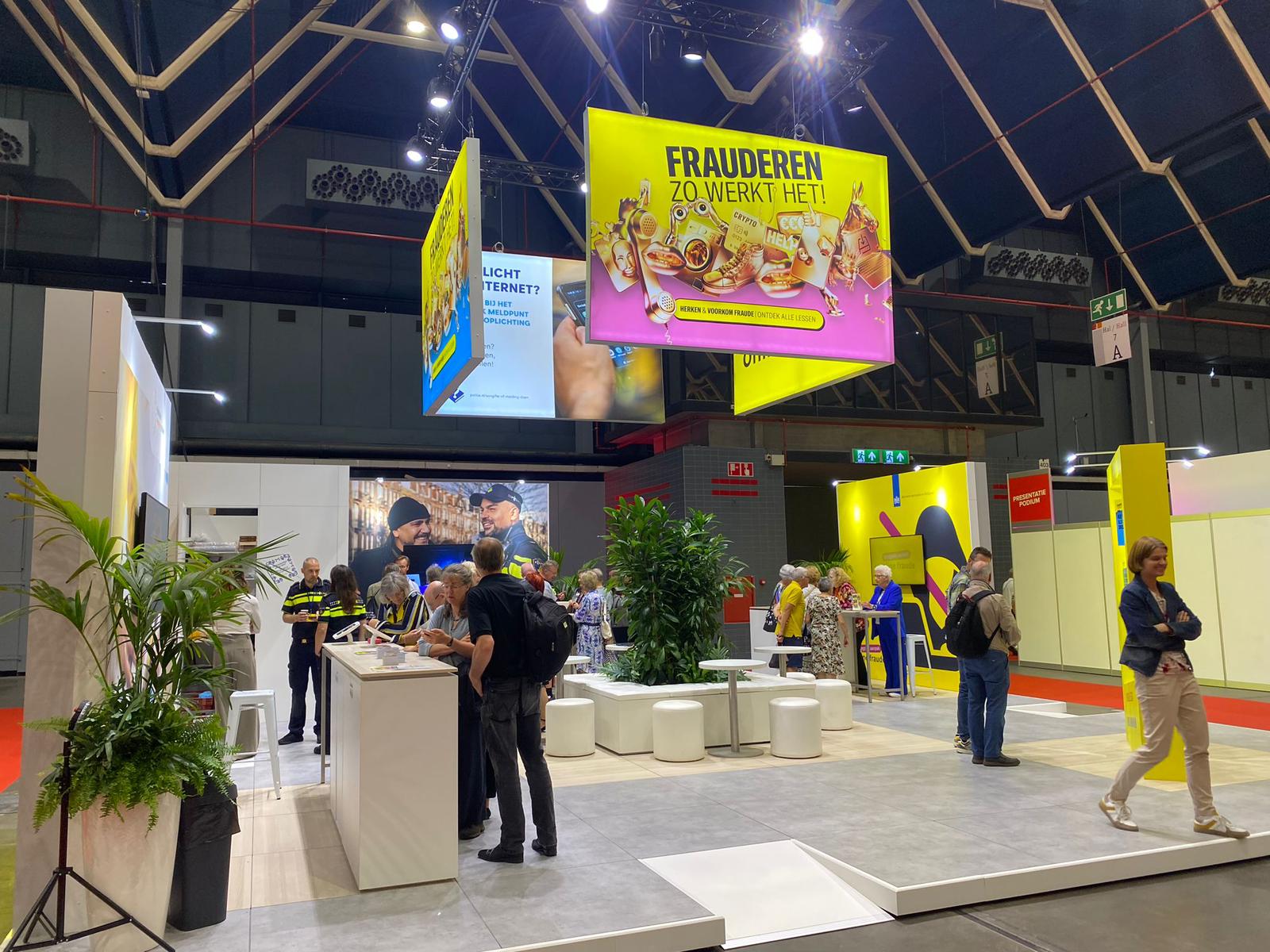
The NVB believes that burdens on banks cannot increase further. Banks already have a very high tax burden and contribute substantially to paying social costs. A financially healthy banking sector is badly needed to help achieve fundamental political and societal ambitions in the coming years, such as the energy transition, the transition to sustainable agriculture, build more homes and keeping the payment system affordable.
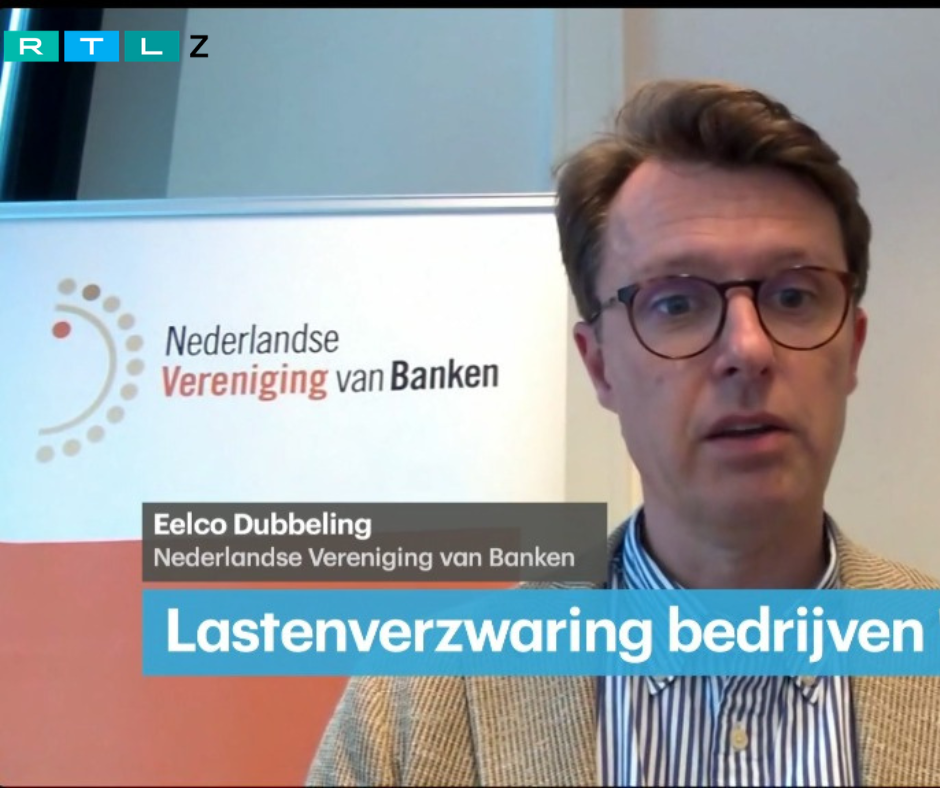
The four larger Dutch banks, the NVB and Betaalvereniging Nederland jointly signed the Alliantie Digitaal Samenleven’s Manifesto on Digital Inclusion on 12 October 2023 in Almere.
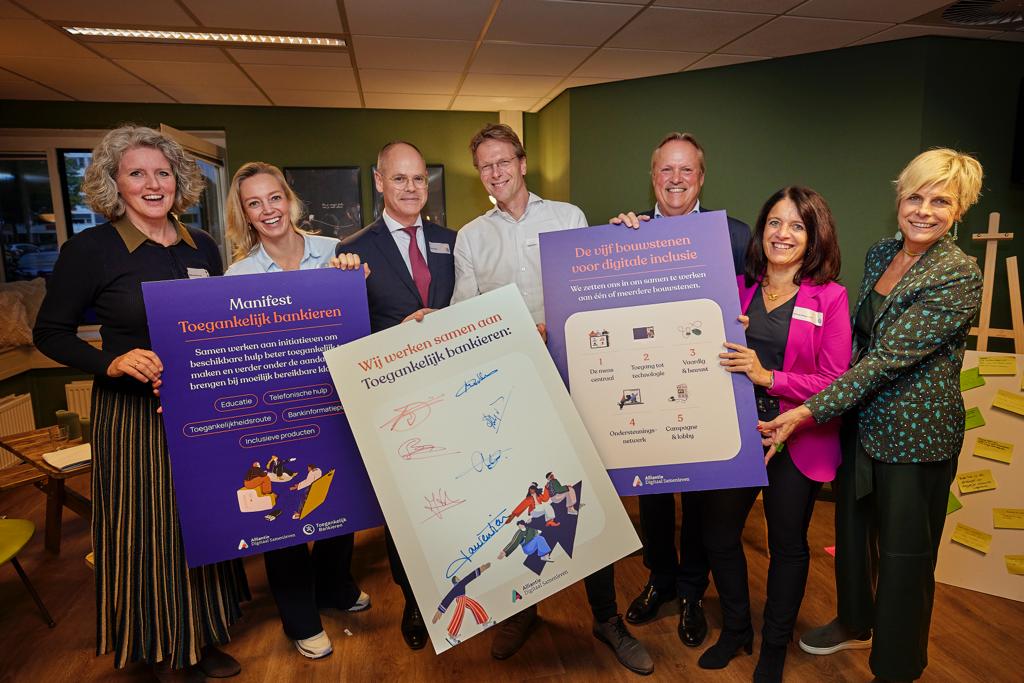
The NVB published figures on the financial contribution that banks make to the economy, financing mortgages for households, investing in large and small businesses. Banks play a crucial role in multiple areas of society. They are also active in helping to solve societal problems such as money laundering, terrorist financing and climate change.
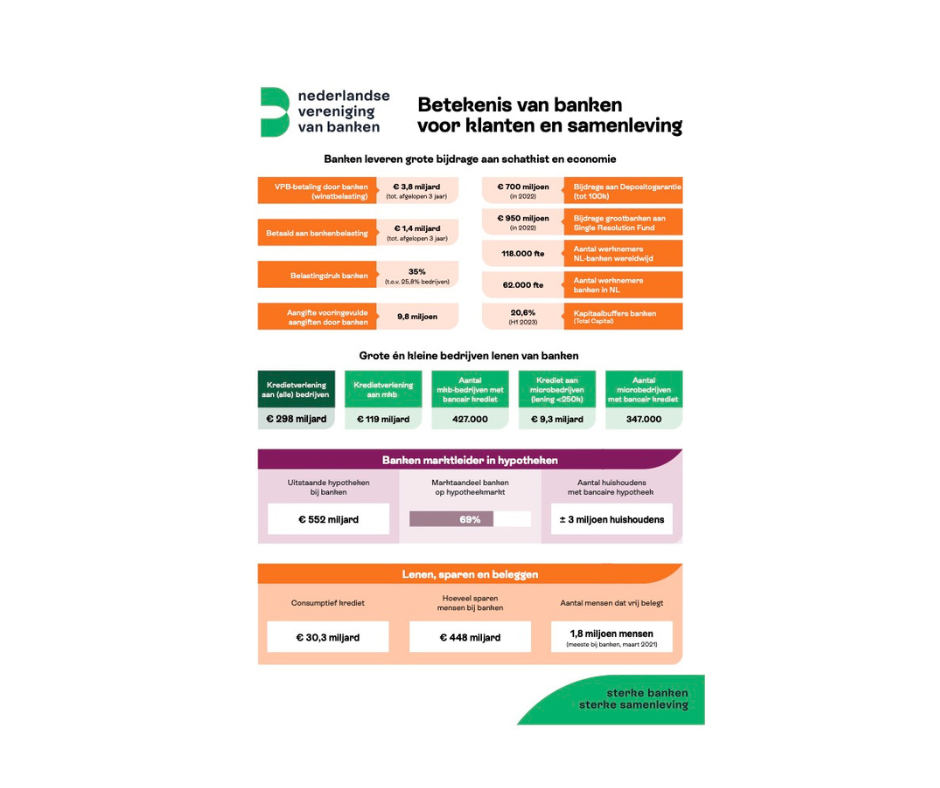
In a letter, the Pension Federation, the Association of Insurers and the NVB call for the financial sector to be part of the Corporate Sustainability Due Diligence Directive (CS3D). The CS3D proposal aims to require companies to conduct proper due diligence to prevent human rights violations and environmental damage in their value chains.
To keep banking services and payments safe, banks must be resilient against cyber-attacks. This requires good cooperation between private and public institutions. To that end, presidents of the national Financial Information Sharing and Analysis Center (ISACs), financial institutions, National Cyber Security Centers and enforcement and investigation agencies from across Europe are meeting in Amsterdam.
How can politicians and the financial sector tackle the major challenges of our time together? This was one of the key questions during the BNR Finance Debate ahead of the Lower House elections. The BNR Finance Debate was co-sponsored by the NVB together with the Dutch Fund and Asset Management Association (DUFAS) and the Dutch Association of Venture Capital Companies (NVP).
- New website and corporate identity
At the end of October, the NVB introduces a new logo and a new corporate identity that better reflect our strategy and mission. The NVB's new corporate identity fully reflects who we are: a forward-looking association, open and committed, with a diversity of partners at the heart of society. In addition to our new logo and corporate identity, all our communication
assets have been revamped, including our website www.nvb.nl.

The NVB, together with MKB-Nederland and others, has signed the National Covenant on SME Financing. NVB chairwoman Medy van der Laan hailed the new covenant as “A good first step that will see the sector jointly make various improvements. Having more SMEs find suitable financing more easily will benefit the Dutch economy. It will also help us in navigate the major transition tasks successfully.”
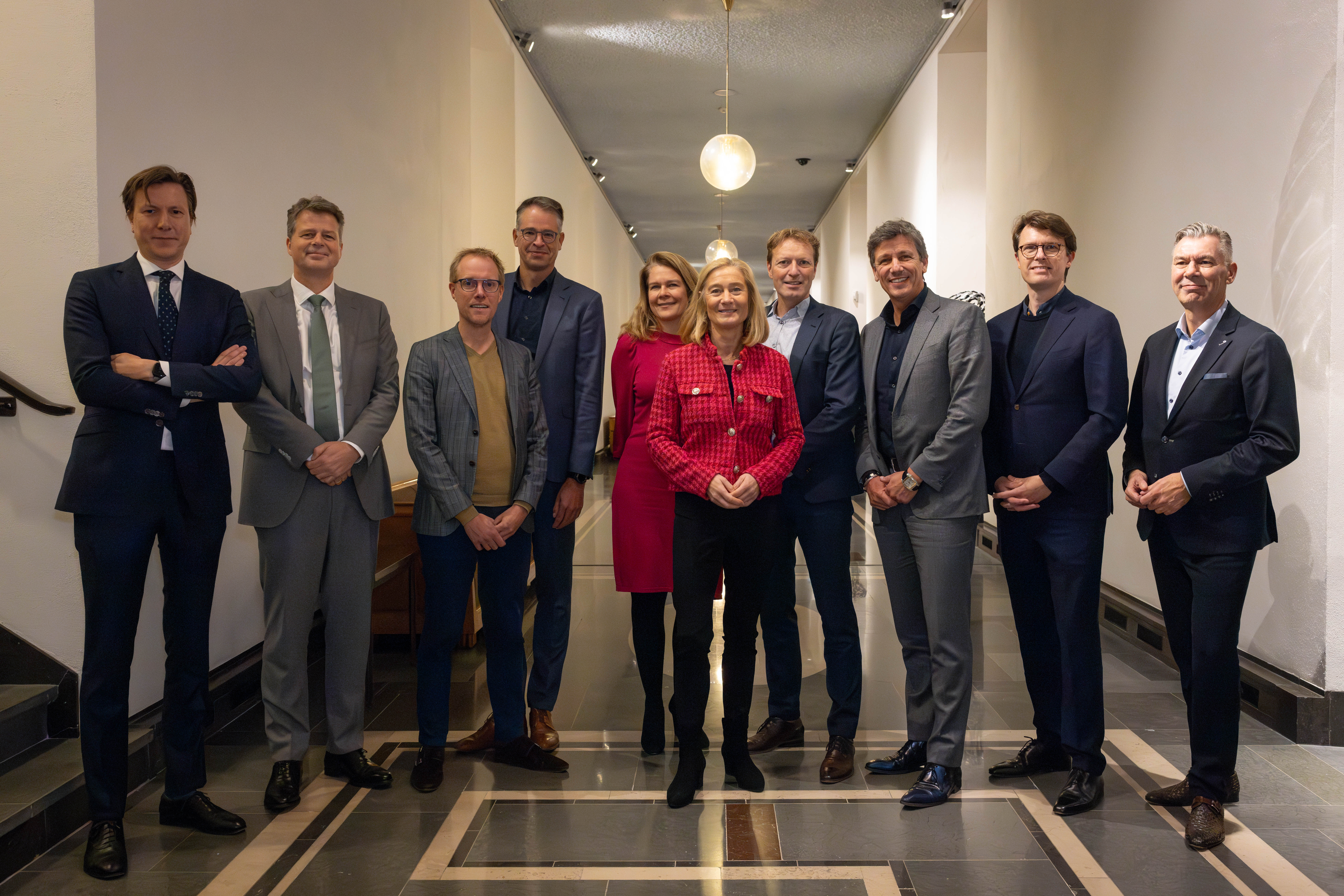
DigiHandig, the four larger Dutch banks, Betaalvereniging Nederland and the NVB are launching a new feature in the DigiHandig app. With this app, digital novices, or people with limited digital skills, can safely become familiar with mobile banking. DigiHandig now also shows how banks’ mobile banking apps work with simple interactive demos and exercises.

The rapid digitization of society is a major challenge for one in six adults in the Netherlands. The DigiHulplijn is one of the collective initiatives to support this group, including in digital banking and payment matters. The free helpline offers telephone support to people who struggle to use digital services.
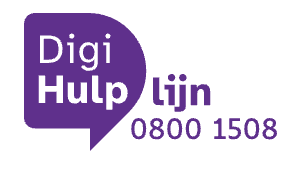
The NVB has put together a booklet for the new members of the House of Representatives entitled “Insight into banks”. The booklet explains how a bank works, the issues banks deal with and how they are linked to societal challenges.

The banking industry yesterday backed the so-called “Code-V” for equal business opportunities for women in the Netherlands. 65 organizations, including a number of banks (ABN AMRO, ING and Rabobank), signed the code. On behalf of the NVB, chairwoman Medy van der Laan signed a declaration of support.
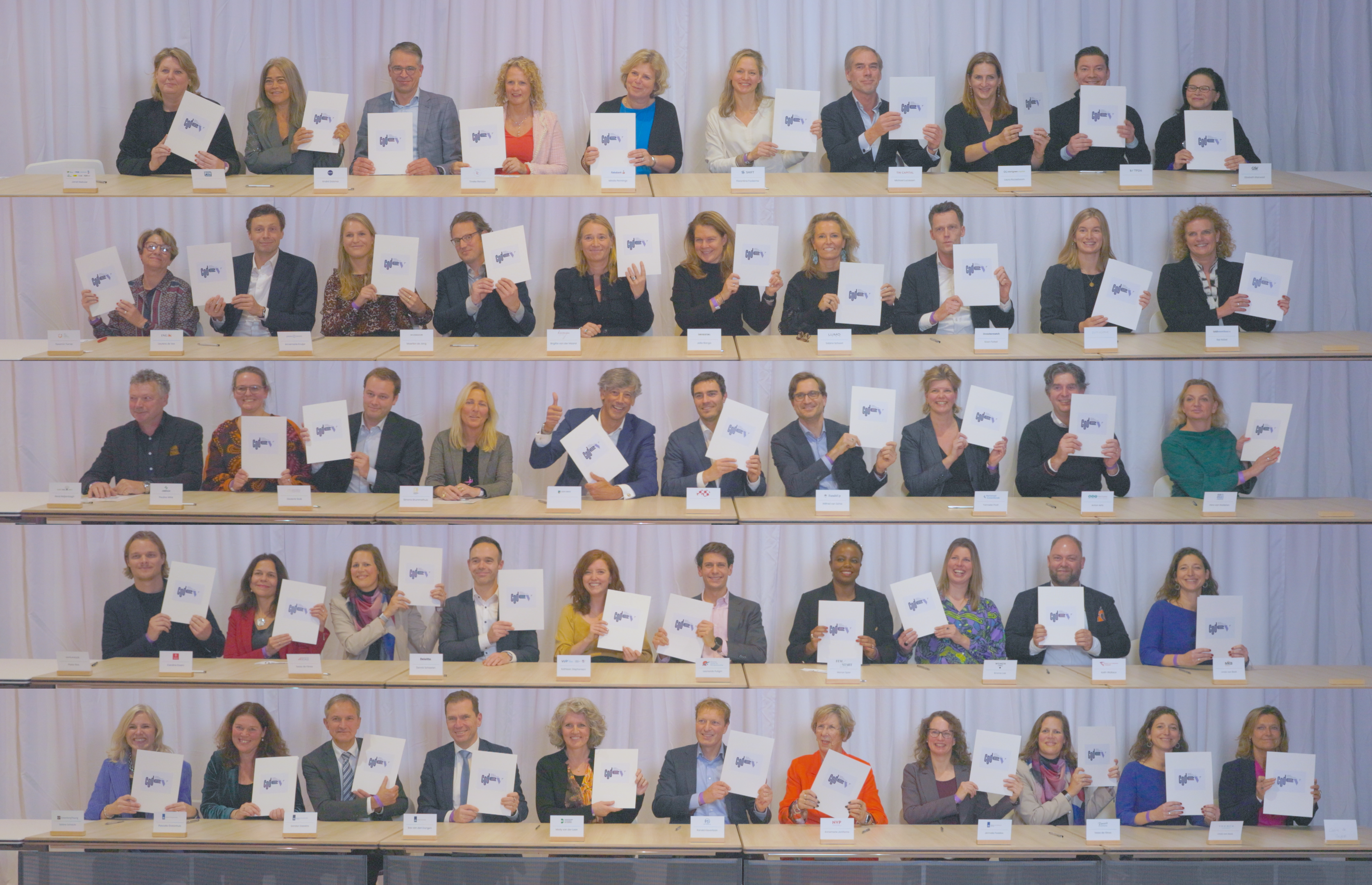
The NVB wants to give more insight into how banks work with, among other things, the new video series “Best Banks”. In this series, people on the street and in organizations ask banks questions about issues that concern them, which are answered by experts from banks and the NVB.

